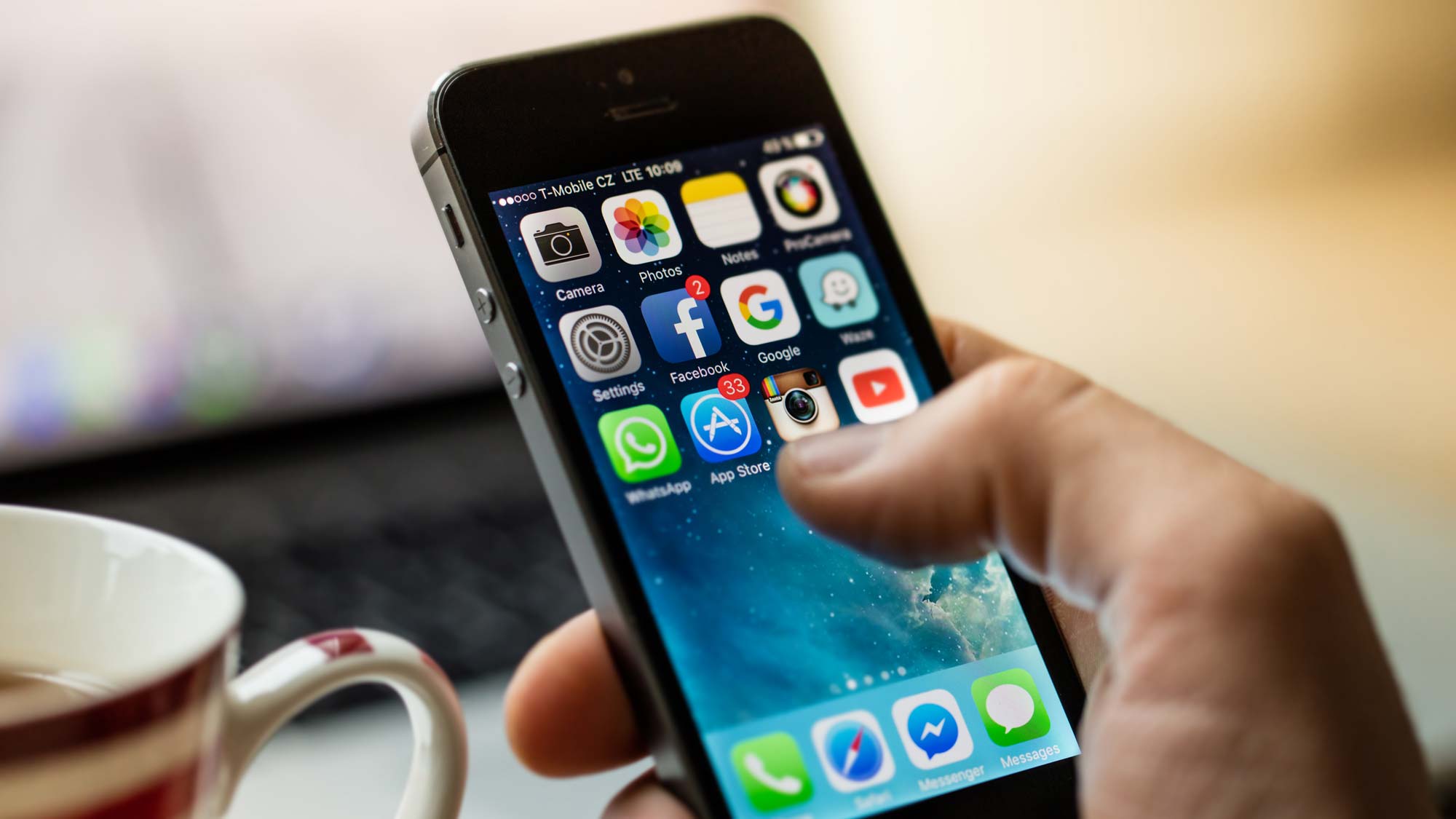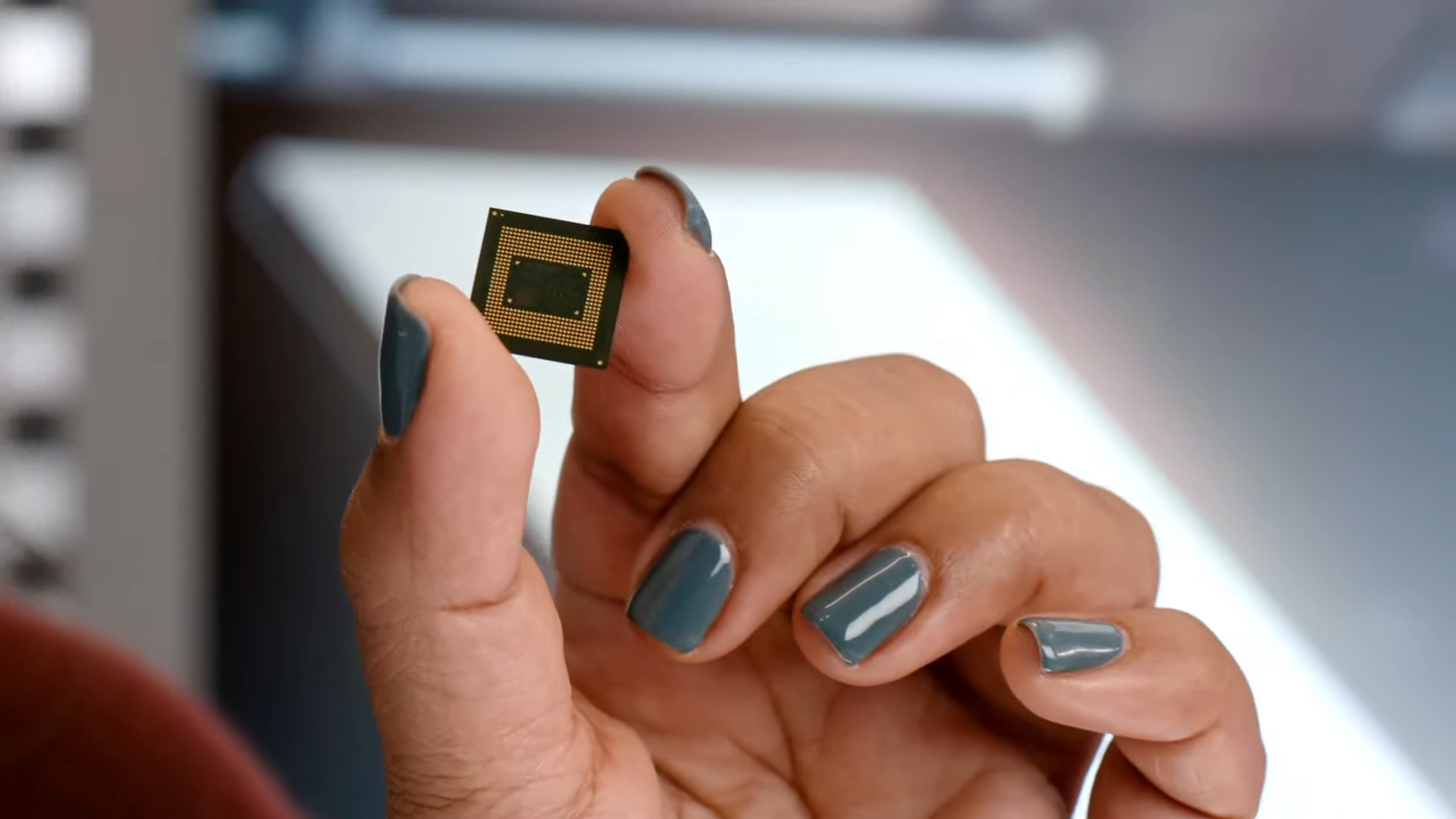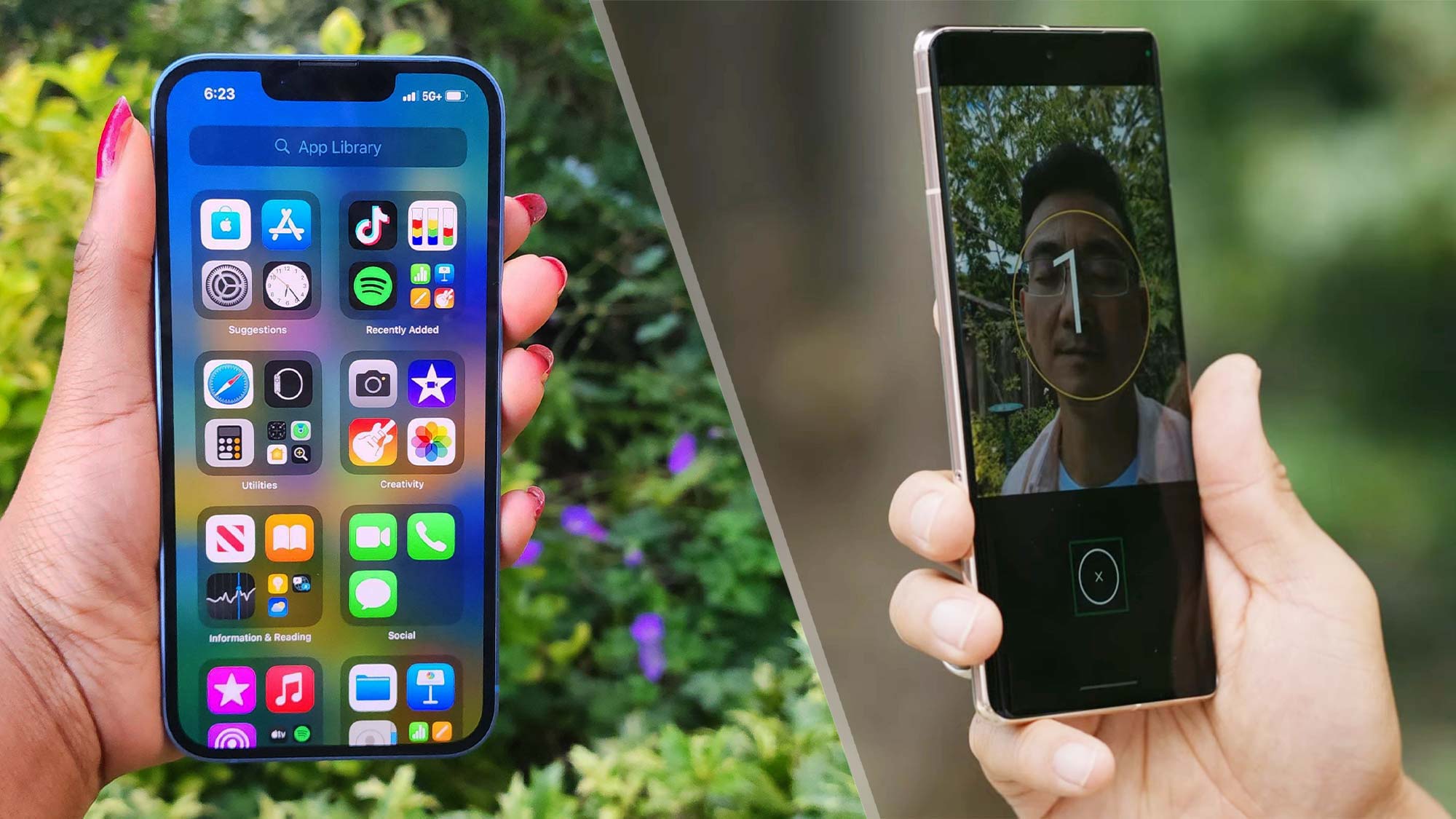Don’t sleep on the Google Pixel — the iPhone may get dethroned
The Google-Apple hardware rivalry will be the one to watch in 2023

Sign up to receive The Snapshot, a free special dispatch from Laptop Mag, in your inbox.
You are now subscribed
Your newsletter sign-up was successful
Two years ago, when I switched to the iPhone after a series of underwhelming experiences with Google Pixel phones, I didn’t think I’d be tempted to return any time soon. At the time, the state of Google hardware was in such disarray, I was almost certain that a shutdown was inevitable.
Fast forward to today, however, and Google breathed new life into its Pixel ecosystem. After weeks of using the new Pixel 7, I’m having second thoughts about my less-than-optimistic perception of Google’s future trajectory. Is the search-engine giant finally becoming the formidable Apple opponent it initially set out to be?
Google’s Pixel as a response to Apple’s iPhone success and uncertainty in Samsung
When Google first introduced the Pixel, a premium flagship from the same company that makes the underlying Android OS, its intentions were obvious. Apple gained an unprecedented edge with the iPhone by developing both the software and hardware under its own roof. While Android has held a global market share lead over iOS since mid-2012, the iPhone reigns supreme in the U.S and Android’s success has always hinged on Samsung and others. With the threat that Android OEMs, particularly Samsung, could create competing operating systems, this was all a recipe for Google to feel vulnerable despite Android’s market dominance.
Google couldn’t afford to let Apple establish a dominant market share worldwide as Google depends on the revenue generated from search on Android and iOS. Apple could capitalize on that monopoly to dictate terms of any deals and ultimately build its own advertising and search platforms, biting into Google’s returns. And without its own hardware, Google would have no choice but to play by Apple’s rules.
Though the original Pixel and Pixel XL were well received and proved Google could, thanks to its software prowess, build a true iPhone rival, it became clear there was one key piece missing from the puzzle: in-house hardware. Unlike Apple, Google was still outsourcing chips and that caught up to it in the following years with performance and battery life becoming hallmark critiques of the line. Without proper vertical integration, the Google Pixel faced an uphill battle, and all models flopped commercially, selling no more than a few million compared to the hundreds of millions Apple and Samsung sell each quarter. While Google’s in-house chip wouldn’t ultimately debut until 2021, the company recognized the need for it almost immediately with the project getting underway before the release of the Pixel 2 in 2017.
How Google can become a worthy Apple opponent
The Pixel 6, unveiled late last year, marked the beginning of a new chapter in Google’s hardware ambitions. It was powered by Google’s first native silicon, Tensor, and though it was by no means perfect, it provided promise and momentum for Google to build upon.
In 2022, Google went all in. It shuttered its experimental, underperforming hardware projects like the Pixelbook and announced a consistent, reliable ecosystem of devices from the ground up. Apart from the triumphant Pixel 7 series, which has been difficult to fault for me, Google unveiled its long-overdue smartwatch, the Pixel Watch, launched a competitive pair of earbuds in the Pixel Buds Pro, an incredible value-for-money mid-range phone in the Pixel 6a, and announced an entry-level Pixel Tablet slated to arrive next year.
Sign up to receive The Snapshot, a free special dispatch from Laptop Mag, in your inbox.
Per one report, Google CEO Sundar Pichai sees hardware as the best way to be “protected” against a changing mobile market. Pichai is reportedly concerned about Apple taking a significant share from key Android partners like Samsung, which, in the event antitrust regulators break off Google's long-standing deal to make its search engine the default on iPhones, could prove costly.
For Google to lure buyers away from Apple’s ecosystem, hitting the reset button, and releasing a refined portfolio of products that share a common theme is critical to its success. Apple restricts many of its devices to only be compatible with its own devices and that’s a hurdle for someone who’s interested in the Pixel 7 and wants to, say, replicate the Apple Watch Series 8 experience on Android. Sure, one can buy a pair of AirPods and use them with an Android phone, but once they realize what they’re missing out on by not owning an iPhone, it’s an easy switch. Even Samsung, over the years, has built its ecosystem to work best with a Galaxy smartphone.
Apple’s resting on its laurels — and Google is catching up
Google’s refreshed hardware push also couldn’t come at a better time. Apple appears to be running out of ideas for the iPhone as much of the iPhone 14’s pitch either relies on outdated features or extreme cases. Plus, the company’s expected to be busy complying with Europe’s decision to force it to use USB-C on the iPhone by 2024.
Google’s already demonstrated the software feats it can accomplish with in-house silicon, and unlike Apple, which largely depends on hardware to innovate, with Tensor the search engine company can push the limits on its phones with software alone. On the Pixel 7, for example, you can unblur faces on your old polaroids, set the phone to automatically cut out background noises on a call when you’re in a noisy environment, and more. These features are not only handy, but they’re also difficult to replicate, which will matter increasingly more as the smartphone market continues to saturate.
The success of the Pixel 6 already pushed Google into the top-five slot in North America, recording a 400% sales jump. Google told suppliers it expects double the sales next year, and on an earnings call recently, Pichai said the company had its “highest-selling week ever for Pixel.”
More importantly, Google’s doubling down on hardware will prevent Apple (and everyone else) from becoming too comfortable, which will force them to come up with new, creative ideas to sell products every year.
Bottom line
Apple and its “walled garden” has never had a direct competitor and I’m glad Google’s finally in a position to be one. Of course, when it comes to any Google product, I wouldn’t recommend getting ahead of yourself just yet. However, Google does seem better equipped this time and is taking on the challenge with a more multi-year holistic approach instead of one-off launches and limiting its hardware strategy to just one distinct advantage like a smarter camera. I’m looking forward to seeing how the fresh Apple-Google rivalry pans out in 2023 now that it feels like they are on more equal footing and whether the latter does enough to threaten Apple’s ascendancy.
Shubham Agarwal is a freelance technology journalist from Ahmedabad, India. His work has previously appeared in Business Insider, Fast Company, HuffPost, and more. You can reach out to him on Twitter.



